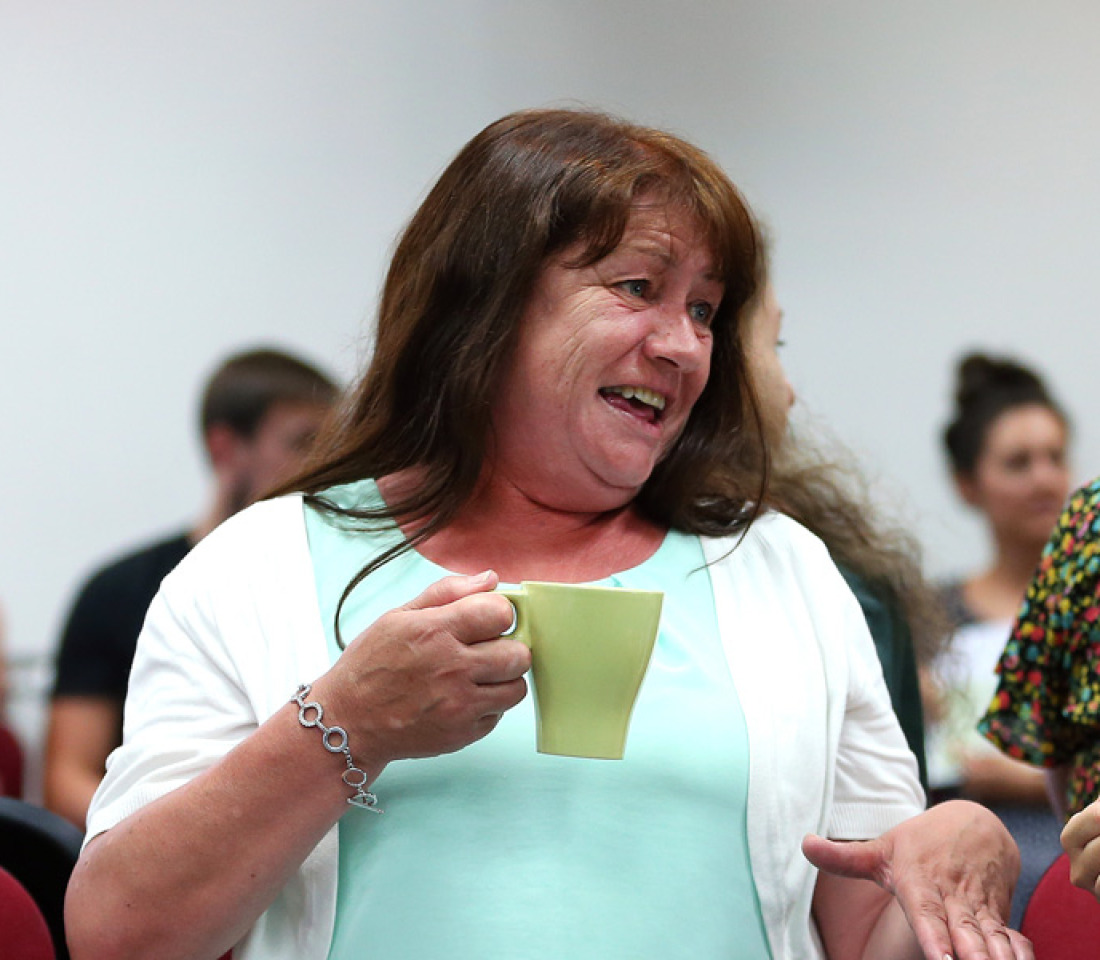
SPOTLIGHT ON: How to restore your self-esteem after a brain injury
Often, survivors can be left feeling like a burden
One of the most common, yet heart-breaking, narratives of so many brain injury survivors’ journeys is the loss of relationships. There are multiple reasons why this happens, but the outcome is invariably that the survivor feels like they are unwanted, and their self-esteem is negatively impacted.
I know, because it happened to me too.
In my case I had some literally turn against me as if I was suddenly the enemy, whereas those who were compassionate and supportive I pushed away because I didn’t want them to ‘waste’ their time on me, as I truly thought I was hopeless.
Stop listening to your inner critic
“You have nothing to offer.”
“You’re boring because you don’t have anything to talk about other than your injury.”
“It’s better you just stay out of the way, because you’re a burden.”
These are all things the little internal voice kept telling me, and I believed it… for a while. All of these statements, which I took as wise insights, were just a pack of lies. But when my social life started to fall apart, I was using some of those negative real-life experiences to corroborate what my inner critic was telling me. It wasn’t true, but that’s how we can form thought patterns which are unhelpful and unhealthy.
How to break the downward spiral
The good news is that you can change this! Yes, I still have my bad days – but so does everyone. Here’s how I managed to make my good days outnumber them:
1. Recognise that just because you think it, that doesn’t make it true
People used to think the world was flat. Does that mean it was a deflated beach ball that we had to pump up when we decided it was round? No of course not. The original thought just wasn’t true.
2. Celebrate all small wins
Keep a journal of all the things that you achieve, no matter how small. You managed to make lunch? You remembered to take the dog for a walk? You read a bit more of that book you’re currently on? These are all positives that you should be giving yourself a pat on the back for.
3. Be your own best friend
We say things to ourselves that we wouldn’t say to a mate, so when your inner critic pipes up, kick it to the curb! Talk to yourself how you would if a friend had turned to you for help.
Neuroplasticity will retrain your brain to stop giving you such a hard time. If you challenge your negative thoughts regularly, you train your brain that they are not the ones to believe. It’s not easy, and it takes practise, but you can build a more positive self-image and improve your self-esteem.

By Michelle Munt
Michelle sustained a serious brain injury in a car accident in December 2014. She writes a brain injury blog called Jumbled Brain where she shares her experiences, insights and tips. She also works to raise awareness of the effects of brain injury in the wider community and helps to support others on their journey to recovery.
The Brain Charity’s SPOTLIGHT ON series highlights the work being carried out to raise awareness of different conditions by charities, groups and individuals.
To submit an article, email communications@thebraincharity.org.uk
Categories: Advice, Real life stories, Spotlight on series
Published: 17 March 2021
















